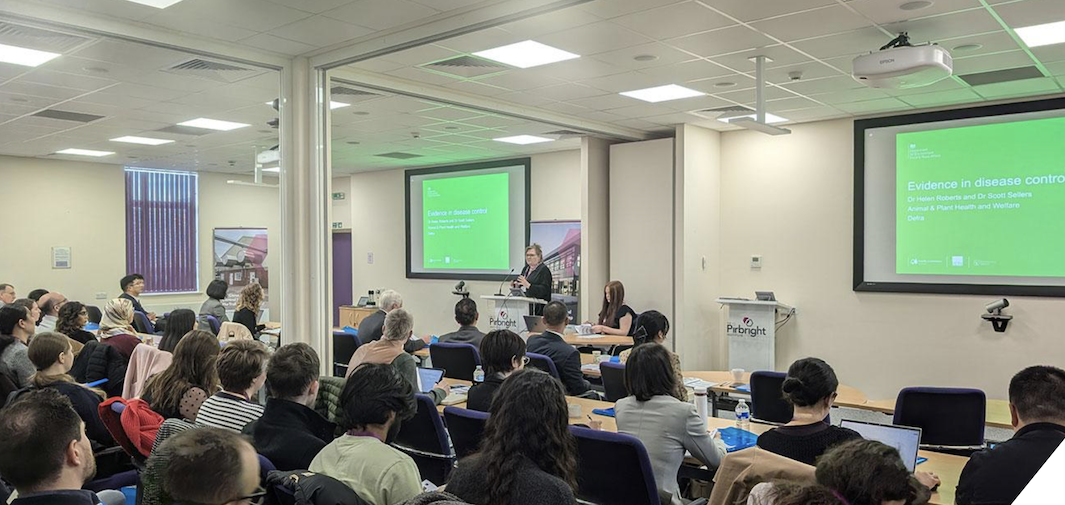



Pirbright workshop explores avian influenza control
The two-day event brought together international delegatesA workshop hosted by The Pirbright Institute convened world-leading experts to explore ways of reducing the impact of bird flu on livestock, poultry production and human health, according to a press release issued by the institute.
Hosted at the Institute’s site in Surrey, the two-day event brought together international delegates to build understanding of virus ecology, virulence factors, vaccine and diagnostic challenges, and expansion in the range of hosts.
Leading academics from the UK, USA and China joined representatives from UK Government to enhance mutual understanding of avian influenza and enhance UK-China collaboration.
Workshop co-organiser professor Munir Iqbal, Head of the Avian Influenza and Newcastle Disease group at The Pirbright Institute, said: “Our highly successful workshop aims to strengthen disease control systems and reduce zoonotic and pandemic threats by bridging knowledge gaps and establishing a roadmap for data and expertise sharing.”
Talks highlighted a range of current issues including the ecology, evolution and continued circulation of Highly Pathogenic Avian Influenza, which causes high mortality rates in both wild and domestic bird populations and spill-over infection in humans, and the development of the FluTrailMap, a project which aims to further understating of transmission and infection, charting the role of immunity in wild birds.
“The workshop was designed to deepen insights into avian influenza evolution, identifying genetic markers for pathogenesis, virulence, transmission and vaccine failure," said professor Bryan Charleston MRCVS FRS, director, The Pirbright Institute. "The framework enabled real-time sharing of data, reagents, and technical knowledge, benefiting animal welfare, food security, economic stability, and public health, and underscoring the importance of collaboration in tackling these viruses."
The organisers hope the workshop catalyses new opportunities for collaborative research funding, expanding research scope and enhancing the impact of collective efforts. The workshop was delivered with support from the British Embassy in Beijing.










